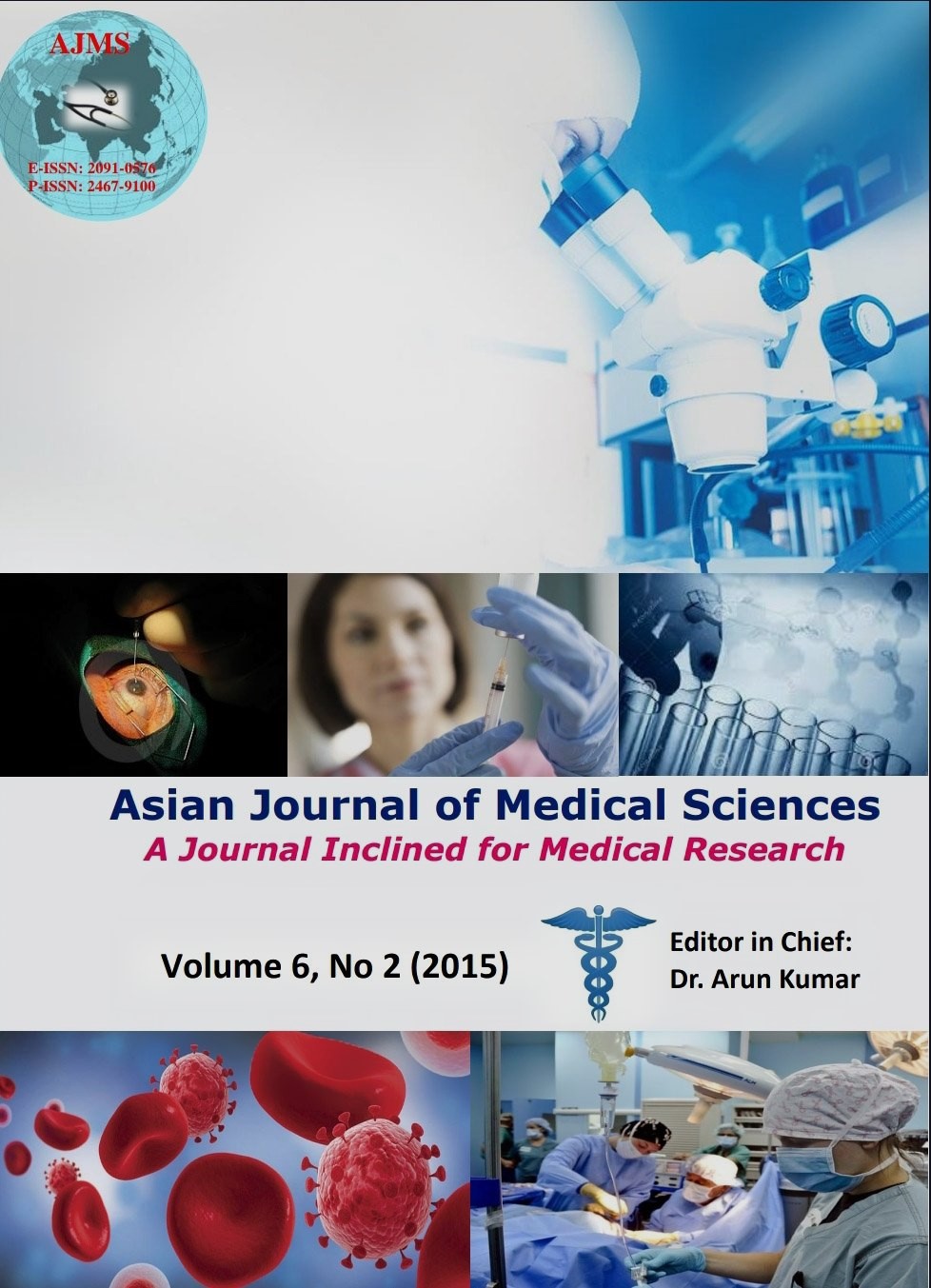Effect of prolong consumption of crude Aloe barbadensis (Aloe vera) gel on haematological indices in rats
Keywords:
Aloe vera gel, blood cells, ratsAbstract
Background: Aloe vera is a succulent perennial plant that belongs to the liliaceae family and to a large family called xeroids. It is a magical plant with vast healing properties, but there is paucity in scientific literature on it effects on haematological parameters. The effect of persistent consumption of crude aqueous extract of Aloe vera on haematological indices of albino Wistar rats was investigated in this study.
Methods: Twenty four rats were randomly assigned into three groups of eight rats each. Group 1 (control) received 0.26mL of normal saline o.p. Group 2 received 0.26mL of aloe vera extract for 2 weeks while group 3 received 0.26mL of aloe vera extract for 4 weeks p.o. once daily. All animals received drinking water and normal rat chow ad libitum.
Results: Results revealed that the control group had a mean PCV of 37.50 ±0.98%; Hb, 11.40 ±0.39g/dL; RBC, 6.91 ±0.35 x106 cells/µL; WBC, 4.36 ±0.54 x103 cells/µL and platelet count, 670.13 ±41.01 x103 cells/µL. These blood parameters were not significantly different in group 2 animals compared with controls, but were significantly higher in group 3 rats compared with controls. Differential WBC counts were as follows for control values: neutrophils, 23.25 ±2.39%; lymphocytes, 72.88 ± 2.55%; monocytes, 0.13 ±0.13%; eosinophils, 3.00 ±0.71% and basophils, 0.13 ±0.12%. Lymphocytes were significantly (p<0.05) higher in group 3 compared with control group.
Conclusion: Aloe vera extract contains phytochemicals that boost blood parameters and immunity on prolong consumption.
DOI: http://dx.doi.org/10.3126/ajms.v6i2.11106
Asian Journal of Medical Sciences Vol.6(2) 2015 58-61
Downloads
Downloads
Published
How to Cite
Issue
Section
License
Authors who publish with this journal agree to the following terms:
- The journal holds copyright and publishes the work under a Creative Commons CC-BY-NC license that permits use, distribution and reprduction in any medium, provided the original work is properly cited and is not used for commercial purposes. The journal should be recognised as the original publisher of this work.
- Authors are able to enter into separate, additional contractual arrangements for the non-exclusive distribution of the journal's published version of the work (e.g., post it to an institutional repository or publish it in a book), with an acknowledgement of its initial publication in this journal.
- Authors are permitted and encouraged to post their work online (e.g., in institutional repositories or on their website) prior to and during the submission process, as it can lead to productive exchanges, as well as earlier and greater citation of published work (See The Effect of Open Access).




